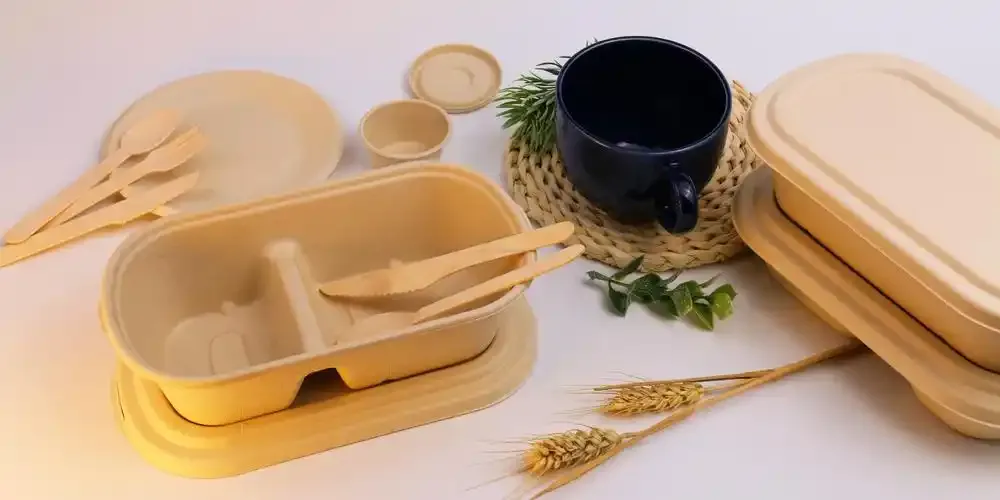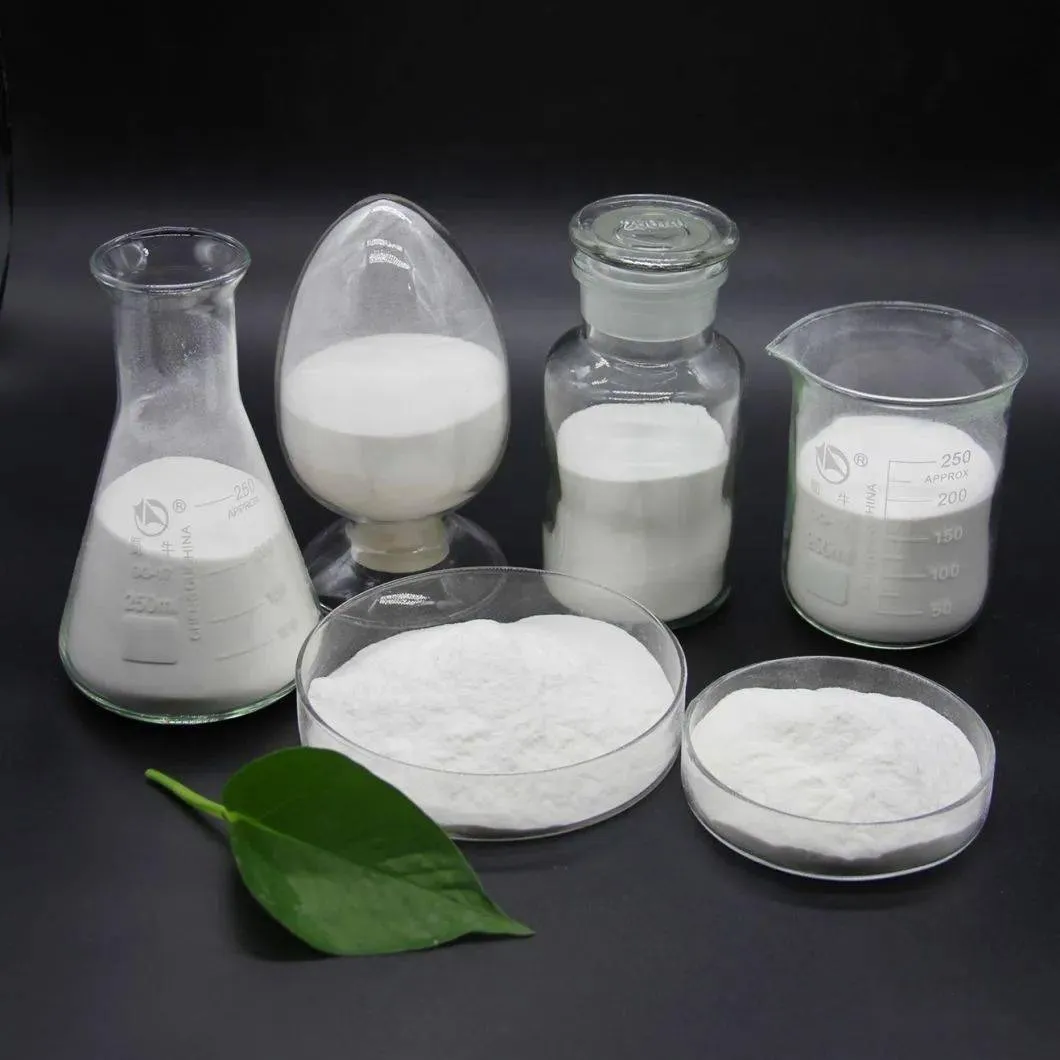
Cellulose: A Versatile and Sustainable Material
Cellulose is a type of natural polymer found abundantly in plant cell walls. It is the most common organic compound on Earth and offers a renewable, biodegradable alternative to synthetic materials. In recent years, cellulose has gained significant attention for its potential in sustainable packaging solutions. From packaging to textiles, cellulose-based materials are replacing petroleum-based products, contributing to reducing plastic waste and promoting environmental sustainability.

One prominent derivative of cellulose is كربوكسي ميثيل السليلوز (CMC), a water-soluble cellulose ether that is widely used in a variety of industries. CMC is particularly notable for its thickening, stabilizing, and gelling properties, making it essential in the production of food, pharmaceuticals, and even cosmetics. Its application in packaging includes improving the strength and flexibility of cellulose-based materials, enhancing their overall performance.
Cellulose Packaging: A Sustainable Alternative
Cellulose packaging, made from plant-based sources like wood or agricultural residues, is a promising solution to the growing environmental concerns around plastic pollution. With the global demand for eco-friendly alternatives on the rise, the development of lux cellulose 2-based materials has become a significant step toward sustainability. This innovative material is lightweight, biodegradable, and easily recyclable, offering a more environmentally responsible option for packaging compared to traditional plastic.
The cellulose fiber plant plays a crucial role in producing raw materials for cellulose-based packaging. These plants process wood and other plant fibers into pulp, which is then transformed into different forms of packaging products. As the market for green packaging continues to expand, the cost of cellulose fiber is becoming increasingly competitive with conventional materials. However, the cellulose fiber price can vary depending on factors like sourcing, processing, and the level of demand, but it remains an attractive alternative in the long run due to its environmental benefits.

The Future of Cellulose-Based Packaging
With ongoing research and development, cellulose packaging is poised to revolutionize industries that rely heavily on plastic. As companies and consumers alike continue to prioritize sustainability, cellulose-based materials offer a viable and eco-friendly solution. The versatility of cellulose, including innovations like lux cellulose 2 and other derivatives, positions it as a key player in the future of packaging, textiles, and more, offering both ecological and practical advantages.
Cellulose is rapidly becoming a cornerstone of sustainable manufacturing, paving the way for more responsible consumption and production methods.
-
Understanding Antifoaming Agents: Essential Tools for Industrial EfficiencyNewsAug.05,2025
-
Perfecting Plaster: The Role of Retarders in Gypsum-Based ConstructionNewsAug.05,2025
-
Optimizing Plaster Work with Gypsum Retarders: Enhancing Application and FinishNewsAug.05,2025
-
Mastering Plastering Techniques with Retarders and Additives for Professional ResultsNewsAug.05,2025
-
Mastering Foam Control: A Guide to Antifoaming Agents and Their Industrial ApplicationsNewsAug.05,2025
-
Effective Foam Control in Industrial Processes: The Role of Antifoaming Agents and RetardersNewsAug.05,2025





















